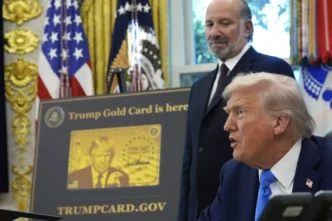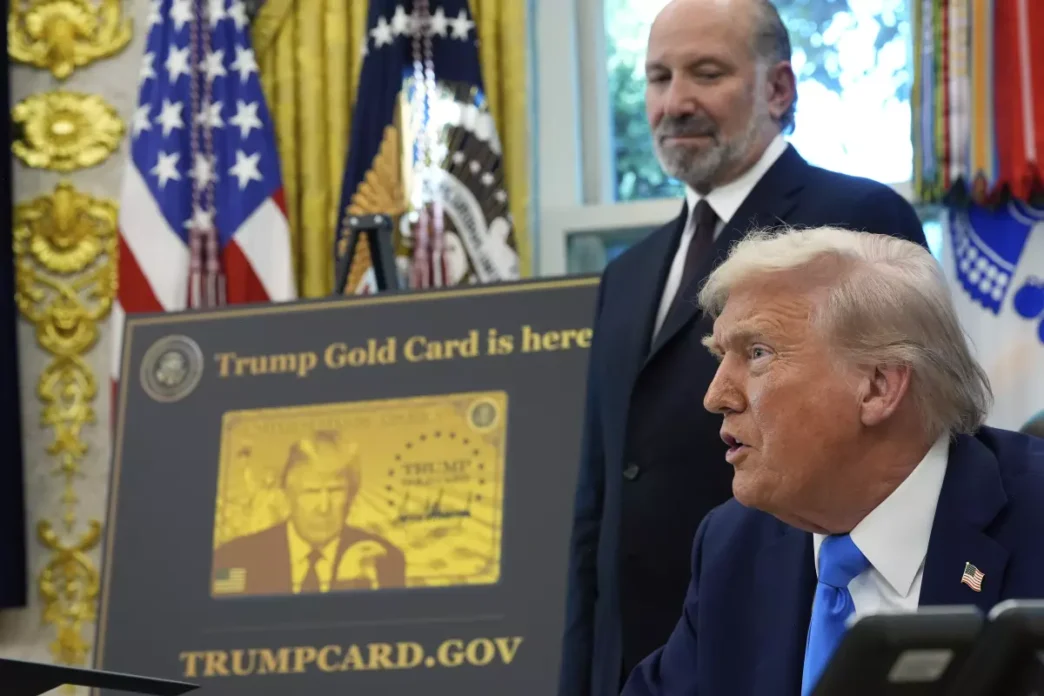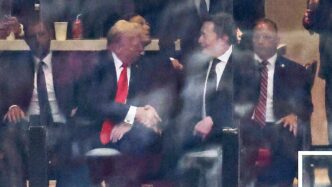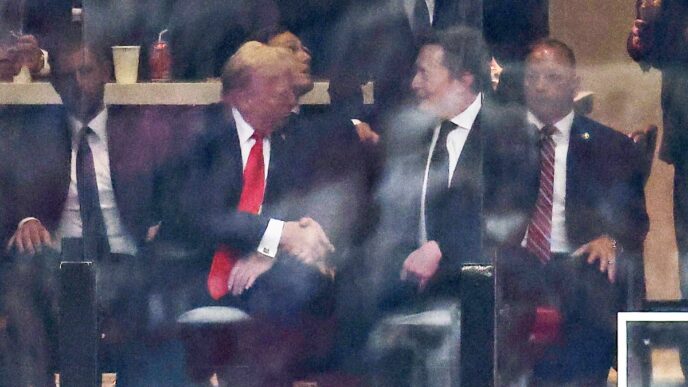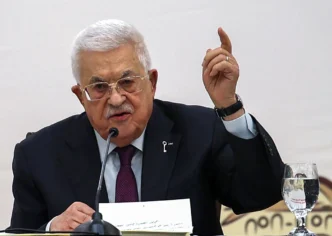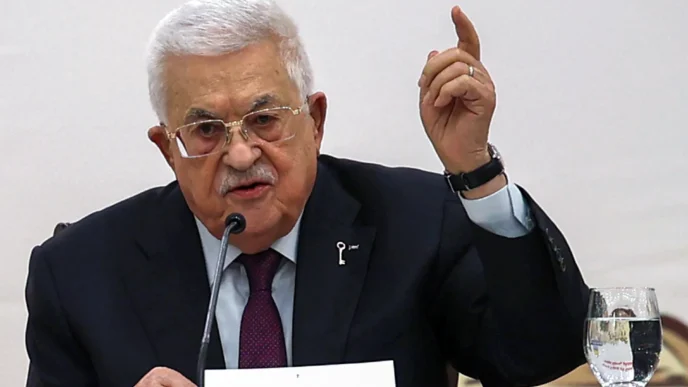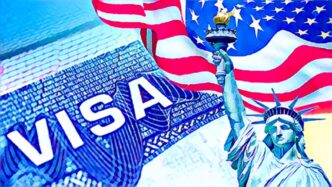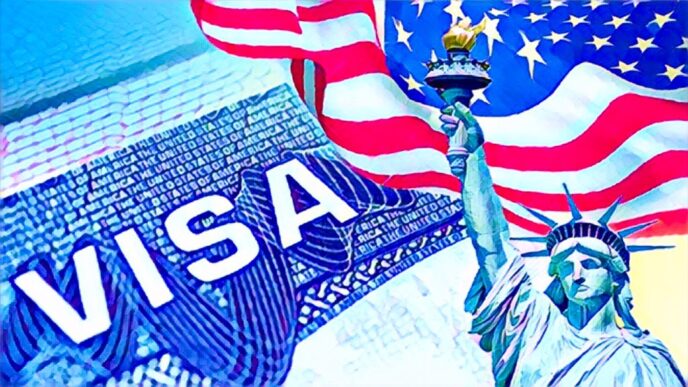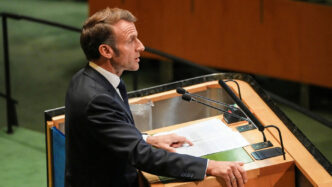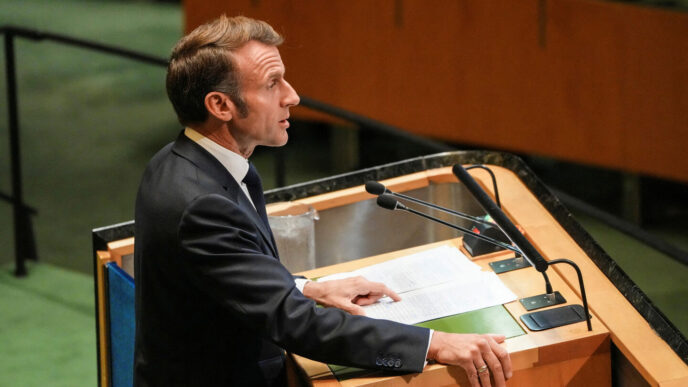The U.S. President Donald Trump is set to sign an executive order on Friday, September 19, introducing a $100,000 fee on all H-1B visa applications, a White House official confirmed.
The executive order is the latest crackdown in the administration’s immigration policy, specifically targeting skilled foreign workers entering the United States for job opportunities.
The new measure is expected to restrict entry under the H-1B program unless companies or applicants can afford the steep fee.
The H-1B visa program, which grants entry to hundreds of thousands of skilled workers each year, has long been viewed by the Trump administration as a loophole for companies to exploit lower-wage employees.
Officials argue that such practices harm U.S. salaries and limit opportunities for domestic workers.
However, industry leaders warn that this new rule could have severe consequences for the American economy, especially in the technology sector.
Venture capitalist Deedy Das voiced his concern on X, writing: “Adding new fees creates disincentive to attract the world’s smartest talent to the U.S. If the U.S. ceases to attract the best talent, it drastically reduces its ability to innovate and grow the economy.”
The $100,000 H-1B visa fee may not significantly affect tech giants like Amazon, Microsoft, or Meta, which routinely spend millions to secure top talent.
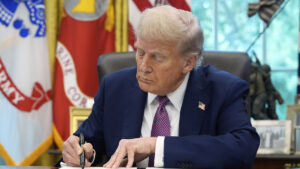
But smaller firms and startups often dependent on foreign engineers and software developers could struggle to absorb the added financial burden.
According to government figures, nearly two-thirds of H-1B jobs are computer-related, although the visas also cover engineers, educators, and healthcare professionals.
India remains the largest source of applicants, accounting for 71% of approvals last year, while China followed with 11.7%.
In the first half of 2025 alone, Amazon had more than 10,000 H-1B visas approved, while Microsoft and Meta each surpassed 5,000 approvals.
For these companies, the cost increase could run into billions annually.
While the U.S. has historically been seen as the top destination for skilled workers, countries such as Canada, the U.K., and Australia may benefit from professionals deterred by the added costs.
Meanwhile, critics argue that the executive order could further strain relations with India and China, whose nationals dominate the program.
The policy may also undermine U.S. competitiveness in innovation, at a time when other economies are actively courting skilled labor with easier immigration pathways.
The White House has yet to release an official statement detailing how the fee will be implemented or whether exceptions might apply.
